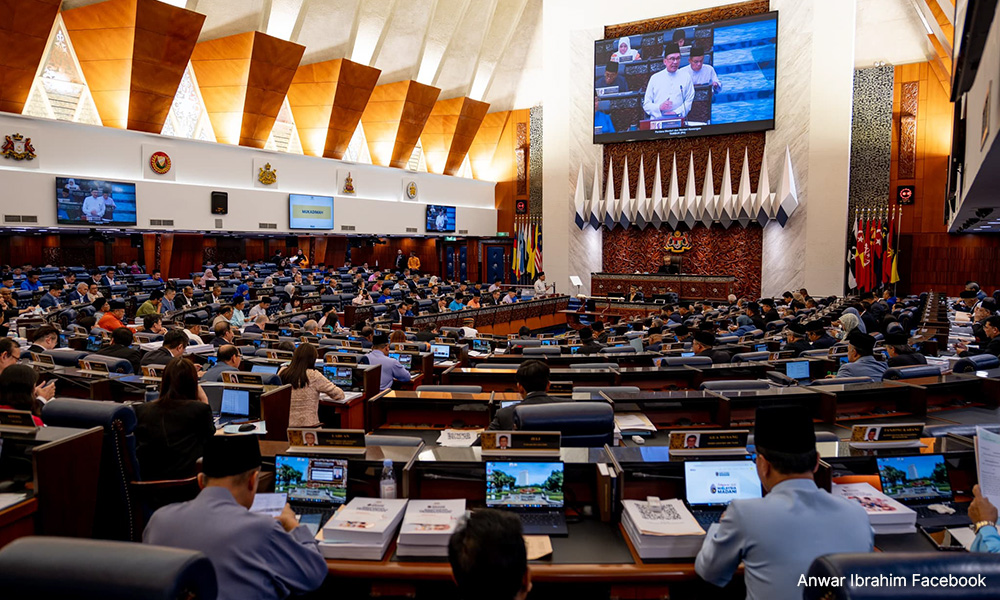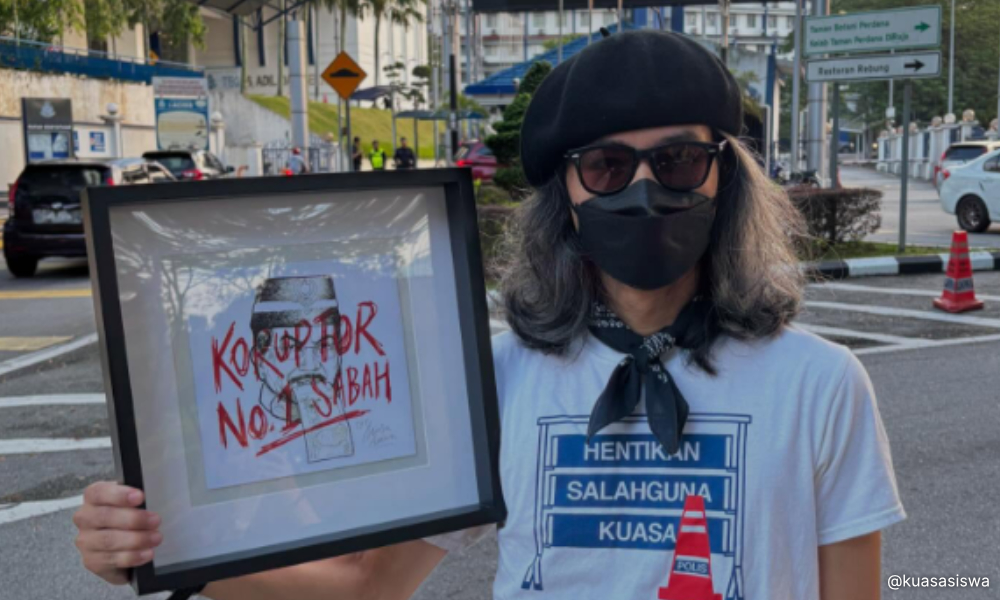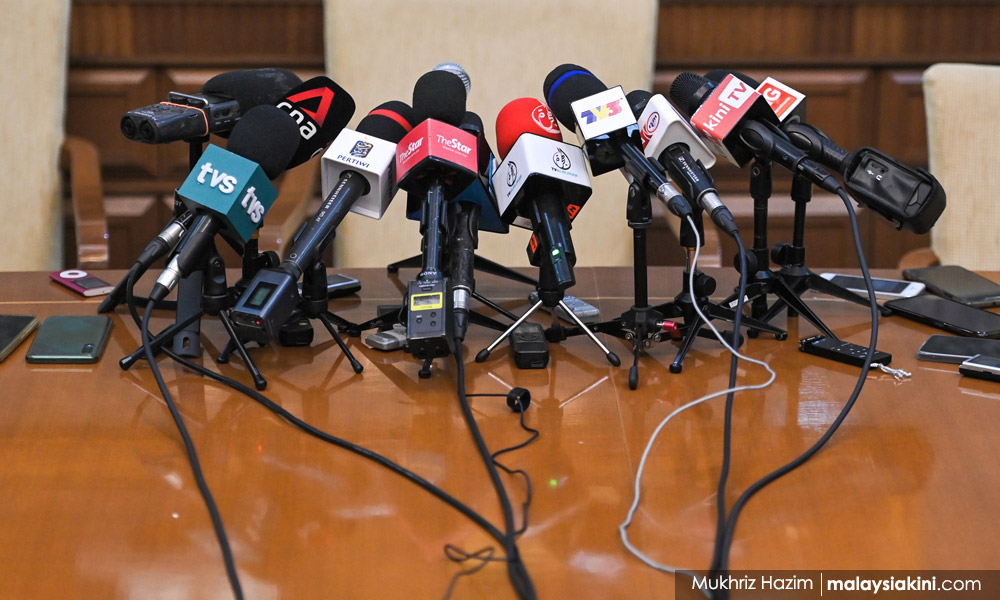One of the most anticipated changes after the new Madani government was formed under Prime Minister Anwar Ibrahim to administer the country is the approach to handling the media, from traditional to social media.
Several laws the administration criticised when they were in the opposition were expected to either be repealed, abolished or amended. It looks like this has become a reality. This past week saw the tabling and amendments of a few existing acts and new bills.
These include the passing of the Online Safety Bill 2024 and Communications and Multimedia (Amendment) Bill 2024, the first reading of the Media Council Bill 2024 and the referral of the Malaysian Communications and Multimedia Commission (MCMC) Amendment Bill to committees.
If you want to understand the details of these bills, head over to this comprehensive Kiniguide.
After trying to understand these items as best as possible, I would have to personally say that, in general, it is a big improvement from what it was over the many decades before the Madani government was formed.

For one, the Communications and Multimedia Act (aka Akta Sakit Hati, aka CMA) has always been criticised as being too broad and general that it is open to a lot of abuse. It has now been defined in more detail.
Content that is merely “offensive” is now insufficient to be considered a violation and instead, it has been raised to “grossly offensive”. It also now takes into consideration satire and parody as well as giving more democratic space for art and literature.
This seems to be a relative improvement, but we also see the punishment increasing quite significantly if there is a guilty verdict. There are other additions too which seem to be a little bit unnecessary (view the Kiniguide).
Different perspective?
Hence, a lot of critics say that it should be abolished altogether because it continues to curb freedom of speech and expression.
This is pretty ironic because the same people who now make up the government were crying foul over the act when they were the opposition, saying that it is oppressive and should be abolished altogether. Maybe they now have a different perspective on the law.
We see recently graphic artist Fahmi Reza being investigated under the CMA for an illustration that he had done which could be considered satire or parody.
Unfortunately for him, he will be investigated based on the Act which does not include the amendments because, although it has been passed in Parliament, it is still awaiting the royal assent process, gazette notification and the determination of the effective date.

Bangi MP Syahredzan Johan, who once served as Fahmi’s lawyer before he became an MP, is now calling for a moratorium to be imposed on any investigations and prosecutions under the act before the amendments take effect.
He says that this is to respect the legislative intention behind the passing of the amendment bill because the provisions are not retrospective. I guess that sounds fair.
As if providing more fodder for this issue, Anwar also mentioned that it is very important that our society be given artistic freedom which includes criticism of the authorities. He added that this is part of creating a nation that is progressive and forward thinking.
He stated this on social media after attending an arts event organised by Dewan Bahasa dan Pustaka.
Media Council Bill
The tabling of the Media Council Bill 2024 is also something the media industry has been working on realising for a very long time. It hasn’t been passed yet because it has only gone through the first of three readings.
This is something that is seen to be an important step to create more independence for the media. However, one clause does not seem to be making the industry happy.
And that is the requirement for the council to have two government representatives. These two representatives will be nominated by the communications minister and are supposed to represent the government’s interests.
However, critics say that this defeats the purpose of a media council which is supposed to be led by the industry itself, hence compromising on the independence of the council.

We need to understand that the media and communications field play a very important role in a proper democracy, which is a check and balance watchdog for the people.
The people need to rely on an independent media that is transparent in its communication and that is without influence from the very authorities that it is keeping an eye on.
But as I said before, these are still significant improvements to what has been previously.
I do not want to be an apologist, nor do I want to be someone with such low benchmarks who will take any improvement over none at all, but I think we have to wait and see how all of this takes effect to see how right a track we are on.
Of course, the critics can and should continue to make noise and voice their concerns. The people should still be well informed and exposed to everything so that they can make a proper decision.
So, if the people are happy with what has been done, then it will show in the next general election. If the people are not happy with what has been done, then hopefully, it will also show in the next general election.
We want to live in a democracy which respects every individual’s rights, don’t we? Then let’s go through the process and hopefully, the authorities will also go through the same process respectfully. - Mkini
ZAN AZLEE is a writer, documentary filmmaker, journalist and academic. Visit fatbidin.com to view his work.
The views expressed here are those of the author/contributor and do not necessarily represent the views of MMKtT.




No comments:
Post a Comment
Note: Only a member of this blog may post a comment.